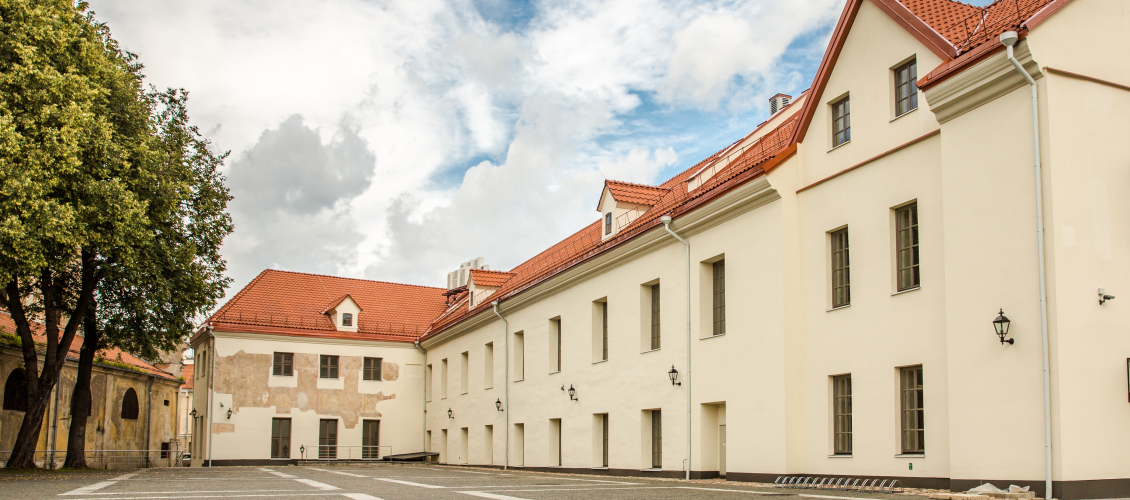Belarusian crisis has attracted the attention of legal practitioners and scholars to the universal jurisdiction principle. The Report of the United National Secretary-General prepared on the basis of comments and observations of the UN member states “The scope and application of the principle of universal jurisdiction” presented at the Sixty-fifth session of the United Nation General Assembly (2010) highlights that every State has the right to exercise its jurisdiction to prosecute the perpetrators over one or more crimes under international law. Belarus was among the countries-proponents of the universal jurisdiction principle and implemented it in its national legislation expressing in that way its opinio juris. Today, however, the main question about possibilities and challenges in delivering justice to victims of the alleged crimes affecting the communis juris, is delicta juris gentium (a “crime against the law of nations”) committed in Belarus where the State authorities declared impunity towards perpetrators arises. Is it possible to apply the principle of universal jurisdiction de facto and bring perpetrators to justice by foreign judges on the foreign ground? Is it possible to deliver justice in absence of perpetrators while a case is filed in a European Union Member State?
For your comfortable participation in the webinar please download Zoom in advance.
Agenda of the Forum is available online
Following the development at the global level, European institutions have developed a legal framework and exchange the best practices fighting international crimes and eradicate impunity in Europe. Scholars and practitioners, however, need a forum to discuss international trends as regards the concept of universal jurisdiction and the EU’s approach to promoting universal jurisdiction through its external relations, as well as practical experience in applying the universal jurisdiction in domestic litigations.
Participants of the Forum are invited to listen to speakers as well as to comment and discuss substantial and procedural aspects of the content of the principle and raise actual scientific and practical questions.
For any further inquiries please contact: Dr. Liudmila Ulyashina, Inesa Stolper
